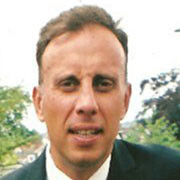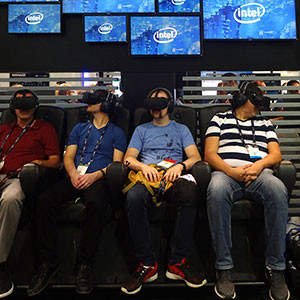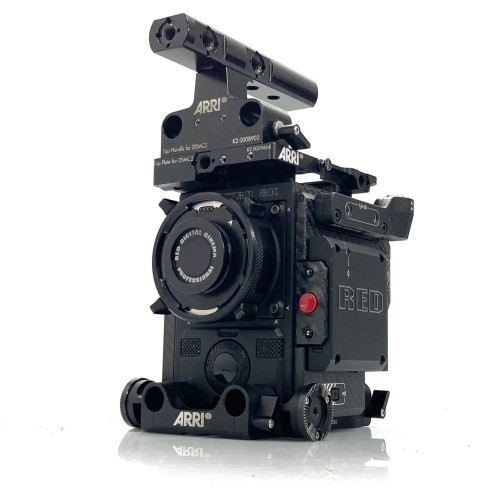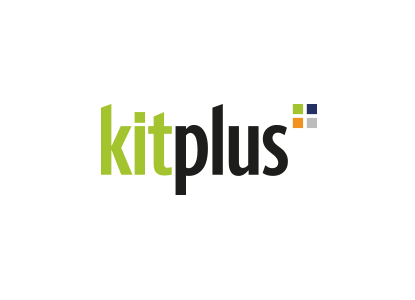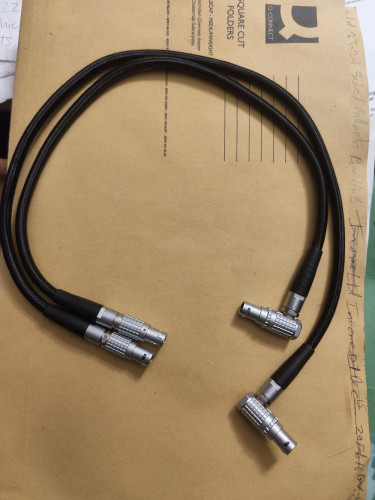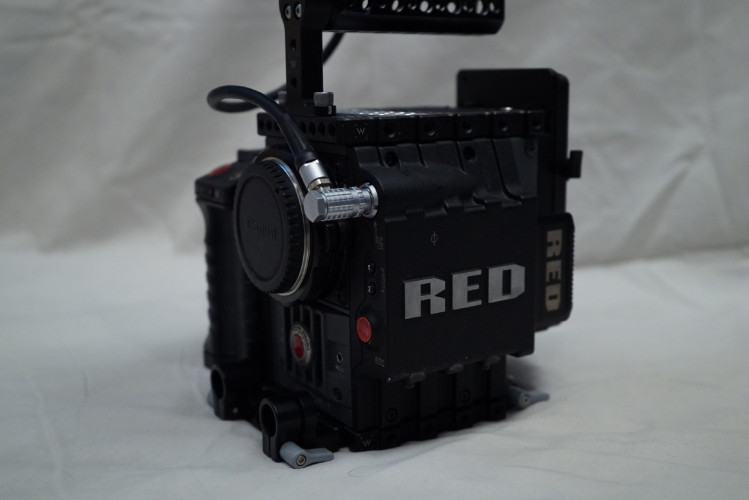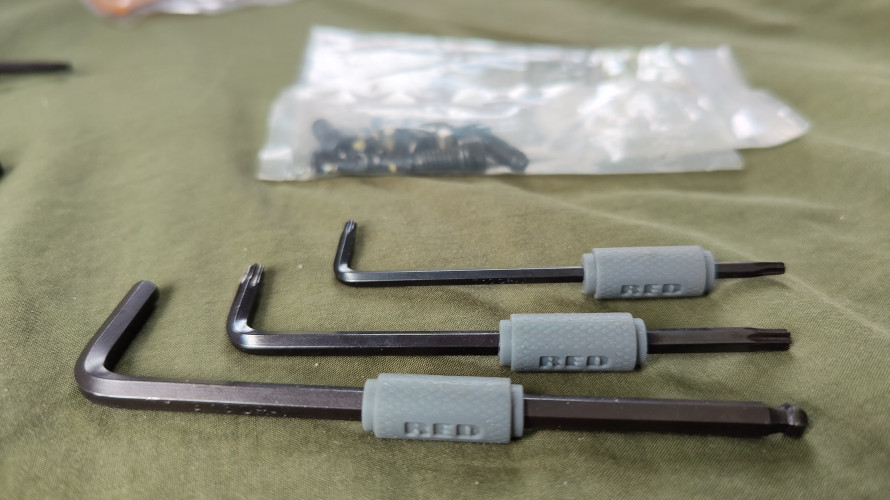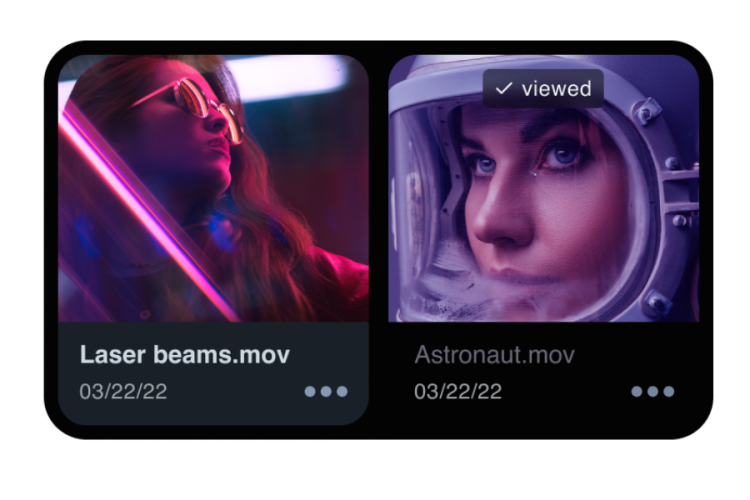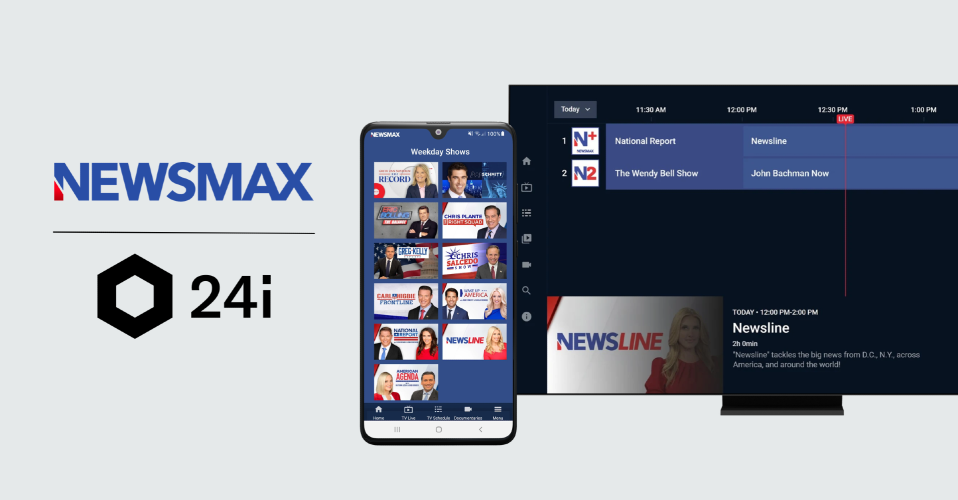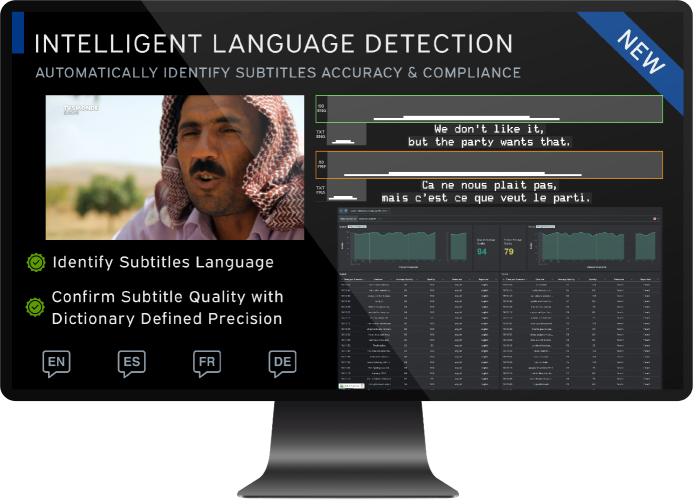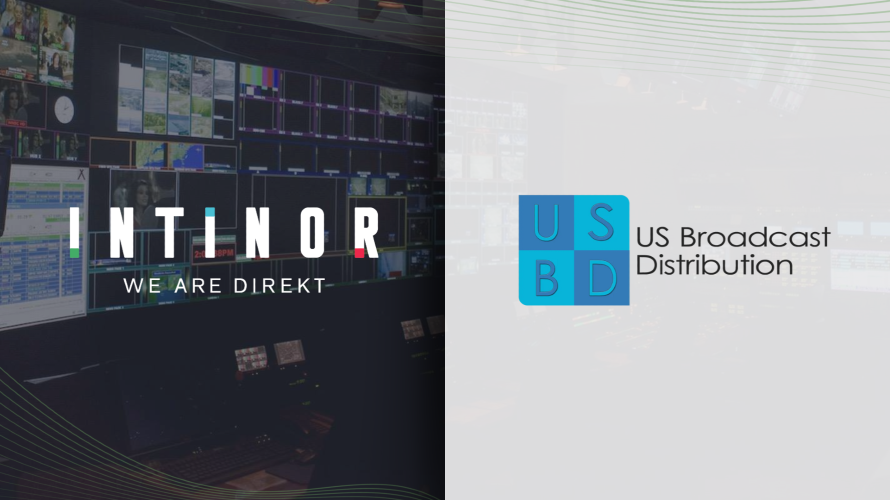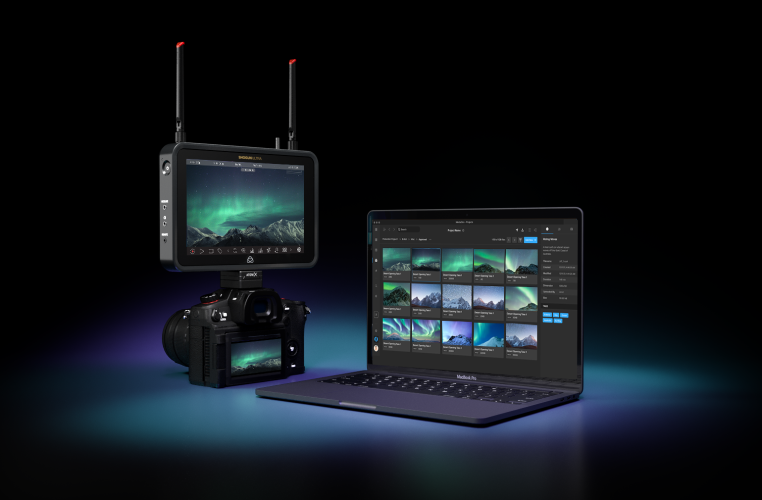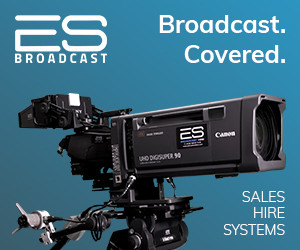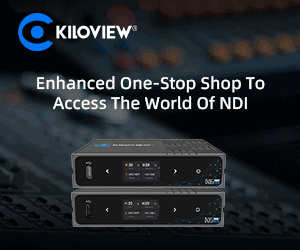Historically trade shows afforded an opportunity to collect the latest brochures relevant to the visitor's chosen industry or career path. Today there seems little reason to store data of any kind, let alone paper brochures, when information is so easily accessible online. Brochure back-packing at exhibitions has become a rare sight, rarer still since the security clampdown on visitor luggage at exhibitions. Today's efficient show delegate need only carry a mobile phone and, in deference to tradition, a bundle of business cards. The phone doubles as a snapshot camera, video camera, dictaphone, email reader, internet browser, Skype communicator, and so on.
Who needs exhibitions?
So who needs trade shows at all? The answer is everyone. The role of such events is not confined to paper-chasing. Their primary value is for person to person networking. In this respect, small regional events such as those organised by KitPlus actually have an advantage over large-scale international conventions because exhibitors and visitors actually have time to talk seriously with each other. Small events are also easier to explore thoroughly. Other ways to network with customers include 'open house' events at the host company's premises or, less disruptively, on neutral territory. We use that approach very effectively to reach invited guests.
The first useful broadcast-related trade exhibition each year is the Consumer Electronics Show in Las Vegas. This is an event most broadcasters are content to study online rather than actually attend though an increasing number, such as the BBC, send a journalist to report on the proceedings. Inaugurated in 1967, it provides a useful guide to the aspirations of consumer display manufacturers as they strive to maintain sales: 2K, 4K, 8K, HDR and so onwards and upwards. It is best defined as 'prototype paradise'.
Following along each February, Integrated Systems Europe (Amsterdam) sits half way between a consumer show and a mainstream broadcast event. Some IBC exhibitors have tried exhibiting there, not least because they like the RAI event centre, but found ISE even more diluted than IBC itself has become in recent years.
The annual National Association of Broadcasters Show locked into its Las Vegas Convention Center venue in 1991 after bouncing around various locations such as Chicago, Dallas, Atlanta and, quaintly, White Sulfur Springs. Approaching its centenary, it is the oldest and by far the largest event in the broadcast calendar.
Europe's largest consumer electronics trade show, the Internationale Funkausstellung Berlin dates back to 1924 but tends to be overshadowed by IBC which follows just a week or two after it.
Big and beautiful
Big and beautiful since its relocation from Brighton to Amsterdam a quarter century ago, the International Broadcasting Convention is by far the largest and best attended show for European broadcasters. With over 1,700 exhibitors, IBC looks and feels like an action replay of the April NAB Show (NAB this claimed 1,718 exhibitors). IBC makes good use of 'The Beach' which the RAI management recently refurbished as an outstandingly good networking facility. The show halls are about stuff. The Beach is about people. Okay, also about alcohol but remember this is Amsterdam!
With its exhibition running almost a full five days, IBC Amsterdam is sometime criticised for being too long. NAB Las Vegas comes under similar opprobrium for allowing its exhibition to run for three and a half days. The carping in both cases comes from exhibitors who have grown accustomed to the three day time scale of shows such as CabSat, Broadcast Asia and InterBEE. There is certainly a tendency for the final day of any show to less busy than usual, notably at NAB Las Vegas where the attendance quite visibly peaks on the first day and gradually tails off.
A powerful feature of IBC is that it offers visitors the flexibility of attending across a weekend or during normal working weekdays. Self-employed professionals tend to favour the weekend as it minimises disruption to their business activity.
Co-sited events
The ever increasing affordability of video and audio production technology has inflated the number of visitors to broadcast shows to an enormous extent, offsetting the declining number of engineering managers who feel the need to trek annually to IBC, let alone the Las Vegas NAB Show. This has encouraged several show organisors to merge their events with related events. A notable example is the NAB's own East Coast show, held each October in New York, which is now held alongside an Audio Engineering Society convention. Healthy for both parties.
Business is about people, be they new or existing contacts, customers or suppliers, students, CEO or all between. Hence the usefulness of conferences and, most importantly, the networking breaks between sessions.



